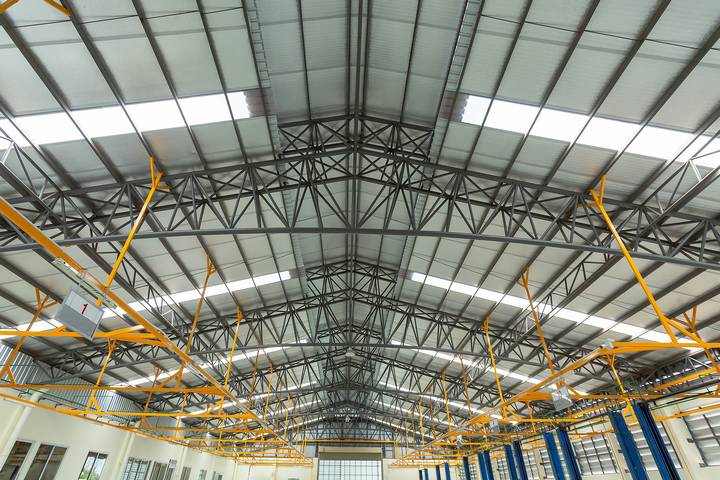In every company, someone is in charge of managing the needs of individuals who come for employment. While this may be the owner or a manager of a small operation, larger companies have and HR person or dedicated HR department to handle this.
From before the Industrial Revolution in the 19th century, when the term Human Resources was coined, to today, employees have been seen as an asset that needs to be cared for because they are the lifeblood of an operation and vital to its success.
Are you wondering what the HR responsibilities and duties are? Let’s find out.
Responsibility #1: Recruitment

Many business tasks must be done, and the HR department finds the best candidate for these roles. This can be a difficult job as there are several steps in recruiting, including:
- Creating and posting job descriptions
- Searching for qualified people
- Screening candidates
- Conducting interviews
- Hiring
- Training
The right hire can greatly benefit a company as they develop its workforce, so HR must find the most suitable talent to fit the company’s requirements based on skill set and productive talent.
Responsibility #2: Processing Payroll

A business typically has a dedicated person or team to handle payroll, but some aspects also involve the HR department. The payroll department will deal with employee compensation for work they perform, but there are additional aspects of salaries and wages like pay changes, benefit donations, bonuses and any updates in employment records that HR takes care of.
Responsibility #3: Training And Development

After new hires within a company, they typically get training alongside existing employees to build up skills and develop their careers. The HR team does this as they oversee the training needs of the staff.
They want to help people meet their personal and professional goals, and ultimately, it benefits the company as everyone, from low-level employees to managers, can become more successful in their positions. There are often continuing education opportunities that can also be a good investment for the company’s successful growth. A skilled HR consultant will recognize talent and foster its growth through additional training, in-house and beyond.
They also provide leadership training for supervisors and managers for improved employee relations and performance management.
Responsibility #4: Developing and Implementing Workplace Policies

There are many policies within a workplace that have to be set and maintained for the optimal function of the business. These include:
- Health and safety standards
- Dress code
- Discipline policies
- Ethic guidelines
- Paid vacation duration
- Leave and absentee duration
- Anti-harassment
- Non-discrimination
- Sexual harassment
These policies need to be in effect and communicated to all staff as guidelines for employment. They are the formal rules and regulations that train and develop employees and reward them.
Responsibility #5: Handling Disciplinary Issues

When there is misbehaviour or rule-breaking at a company, it needs to be addressed and taken care of immediately. With proper guidelines, HR can swiftly deal with most issues as they arise. Misbehaviour may include:
- Not performing the duties of the job position
- Not managing a proper schedule
- Harassment
- Substance misuse
- Misuse of technology
- Insubordination
Depending on the event’s severity, these and other issues can be dealt with differently. They range from verbal warnings written warnings, suspension and even termination.
Responsibility #6: Employee Relations

This is known as employer-employee relations, and HR acts as a buffer to strengthen relationships between staff and management. This is important in all companies, especially in a union environment, and duties include interpreting labour contracts, negotiating agreements and responding to plans and campaigns laid out by a union organization.
Responsibility #7: Maintaining the Work Environment

To have a successful business, you need happy, dedicated staff to make it work. The HR department is there to foster a positive work environment and has a goal to:
- Improve productivity
- Reduce absenteeism
- Promote wellness
- Reduce turnover
- Resolve conflict
- Provide rewards and incentives
- Smooth onboarding and offboarding
- Foster a safe work environment
- Support employee development
- Assist employees with challenges and personal needs
A healthy HR department gets to know the employees, appreciates them and even praises them for a well-done job. This keeps the company’s ethos intact and thriving.
Other HR duties include:
- Performance analysis
- Employee retention
- Manage compensation and benefits
- Ensure there is compliance with labour laws and regulations
- Future planning
The HR department has multiple functions and operates in many business areas, overseeing various initiatives. Understanding their duties and responsibilities will better prepare you if you decide to follow this career path. As an employee, you can appreciate their efforts and dedication to bring out the best in all staff members and support them in their careers.













